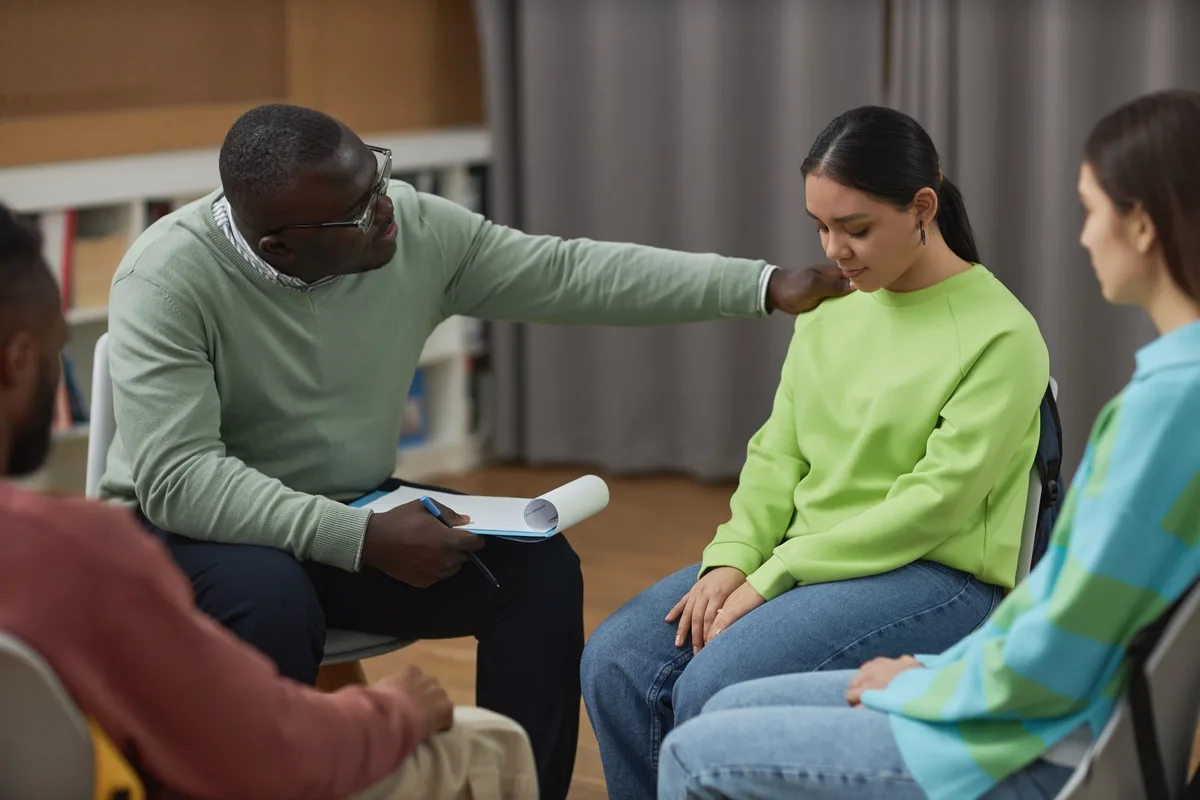24/7 Helpline:
(866) 899-221924/7 Helpline:
(866) 899-2219
Learn more about Residential Rehab centers in Burnett County
Residential Rehab in Other Counties

Other Insurance Options

Cigna

UMR

Sliding scale payment assistance

Highmark

Evernorth

Humana

Optum

Excellus

Ceridian
Beacon

BHS | Behavioral Health Systems

Lucent

Multiplan

UnitedHealth Group

BlueCross

Health Net

Carleon

State Farm

Access to Recovery (ATR) Voucher

Optima




















Families First Counseling
Families First Counseling is a private rehab located in Siren, Wisconsin. Families First Counseling ...

Aurora Community Counseling – Siren
Aurora Community Counseling – Siren is a private rehab located in Siren, Wisconsin. Aurora Community...

Northwest Counseling – Siren
Northwest Counseling – Siren is a private rehab located in Siren, Wisconsin. Northwest Counseling – ...















